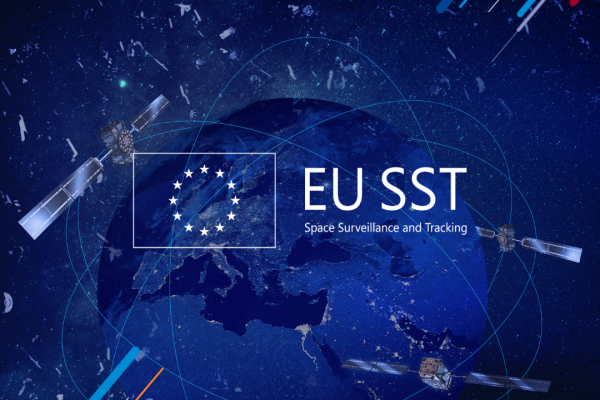Why is this relevant?
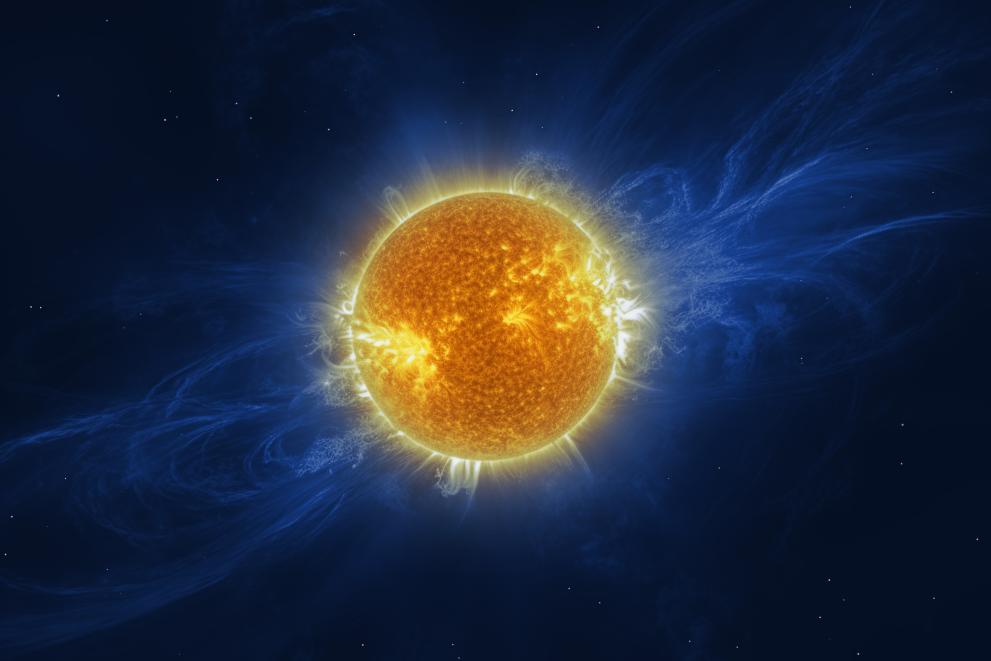
Space weather events are changes in the space environment caused by solar activity, including solar flares, coronal mass ejections, and variations in the solar wind and magnetic fields. The most visible effects of space weather on Earth are the Aurora Borealis.
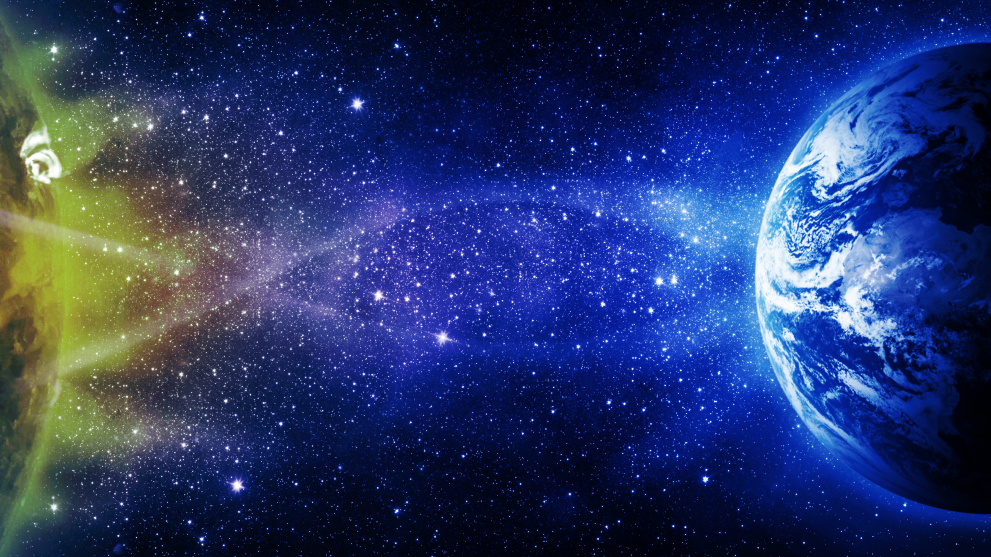
Space weather can affect systems in orbit and on Earth: radiation storms that can harm satellite electronics and make them unusable, and geomagnetic storms can increase dragaffecting satellite paths and making it harder to manage and coordinate space traffic. In its more extreme forms, it can endanger astronauts in space,and disrupt communication and temporarily shut down the electricity grid on Earth.
Understanding the effects of space weather events on Earth, assets and human life is therefore vital to mitigate the risks associated with them.
SWE means naturally occurring variations in the space environment at the Sun and around the Earth potentially impacting Earth and space-based infrastructure.
SWE is a subcomponent of the Space Situational Awareness (SSA) component of the EU Space Programme. The future SWE service set up as part of this subcomponent will help the space user domain i.e. satellites and satellite tracking services potentially affected by space weather events to better prepare for and mitigate adverse effects.
What is SWE?
SWE is a subcomponent of the Space Situational Awareness (SSA) component of the EU Space Programme. It aims at creating ways to monitor and assess natural changes related to space weather events, such as solar winds, solar flares, or coronal mass ejections.
To this end, the EU supports activities that will lead to the establishment of a SWE service. In preparation for this, the EU assesses and identifies user needs, and performs an impact assessment of different service scenarios. In addition, the EU supports the development of space weather models and the development, testing and validation of new space weather prediction capabilities. These will support a future SWE service.
Latest News
DG DEFIS and EEAS hosted the 4th meeting of STM subgroup 1 on civilian and military STM requirements.
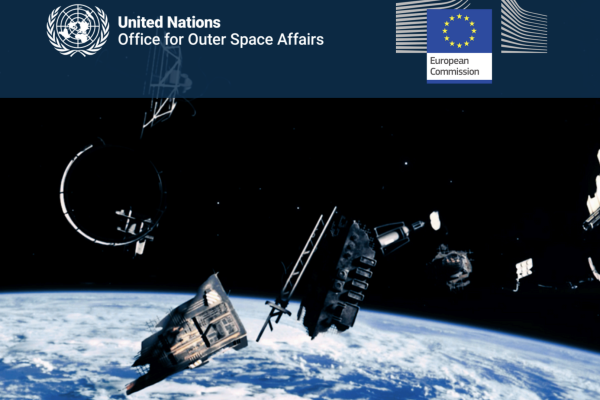
On 6 May 2025, DG DEFIS participated in an insightful side-event organised by the United Nations for Outer Space Affairs (UNOOSA) in the margins of COPUOS Legal Sub-Committee meeting.
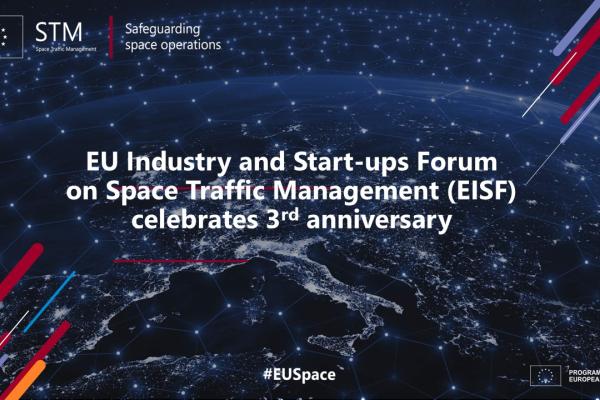
Three years ago, on 26 April 2022, the Commission (DG DEFIS) and the EU SST Partnership created the EU Industry and Start-ups Forum (EISF) on Space Traffic Management (STM) with the aim of fostering the of fostering the innovation and competitiveness of the European space surveillance.
Commission adopts Decision selecting a space weather service as part of the SWE sub-component of the EU Space Programme





